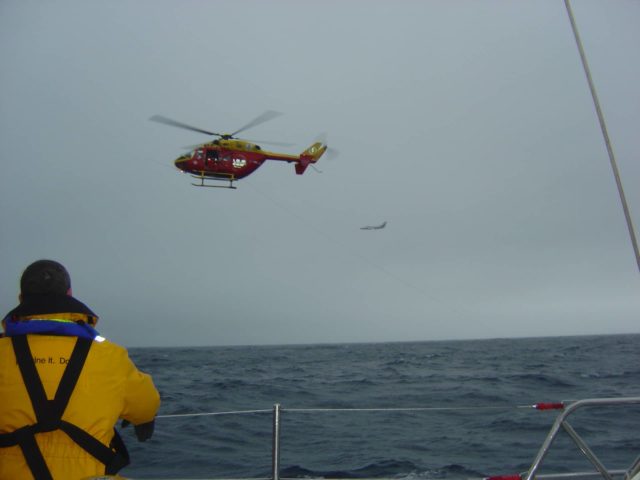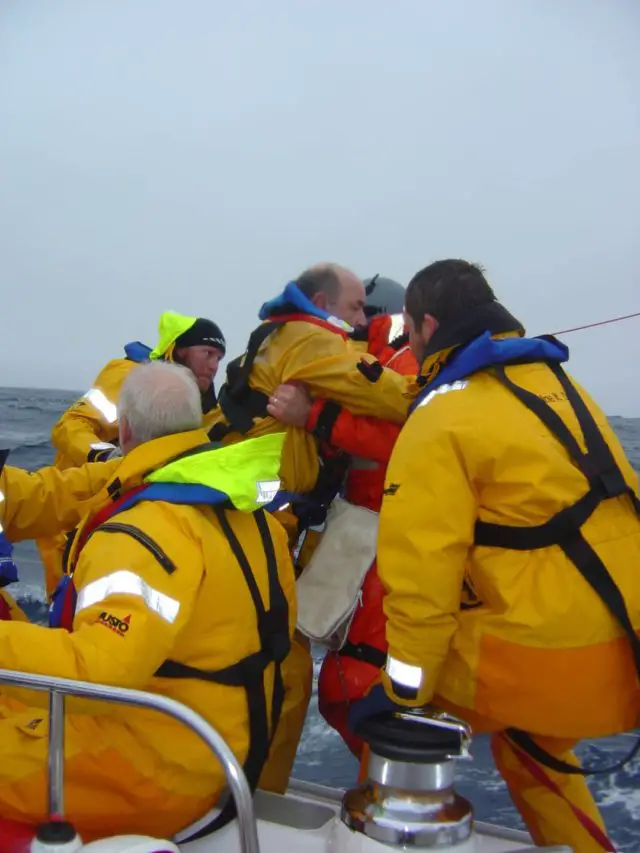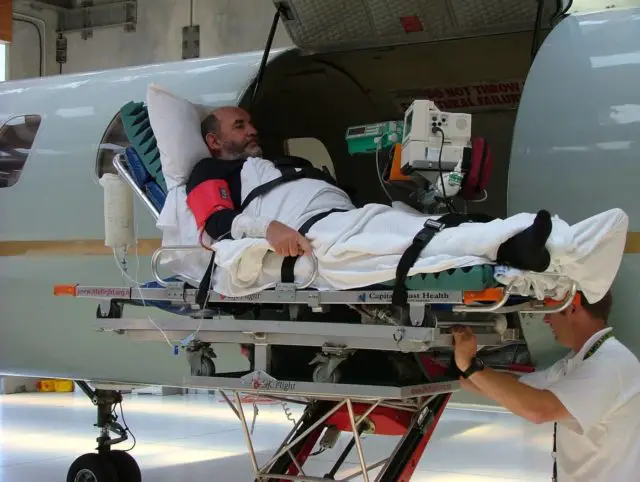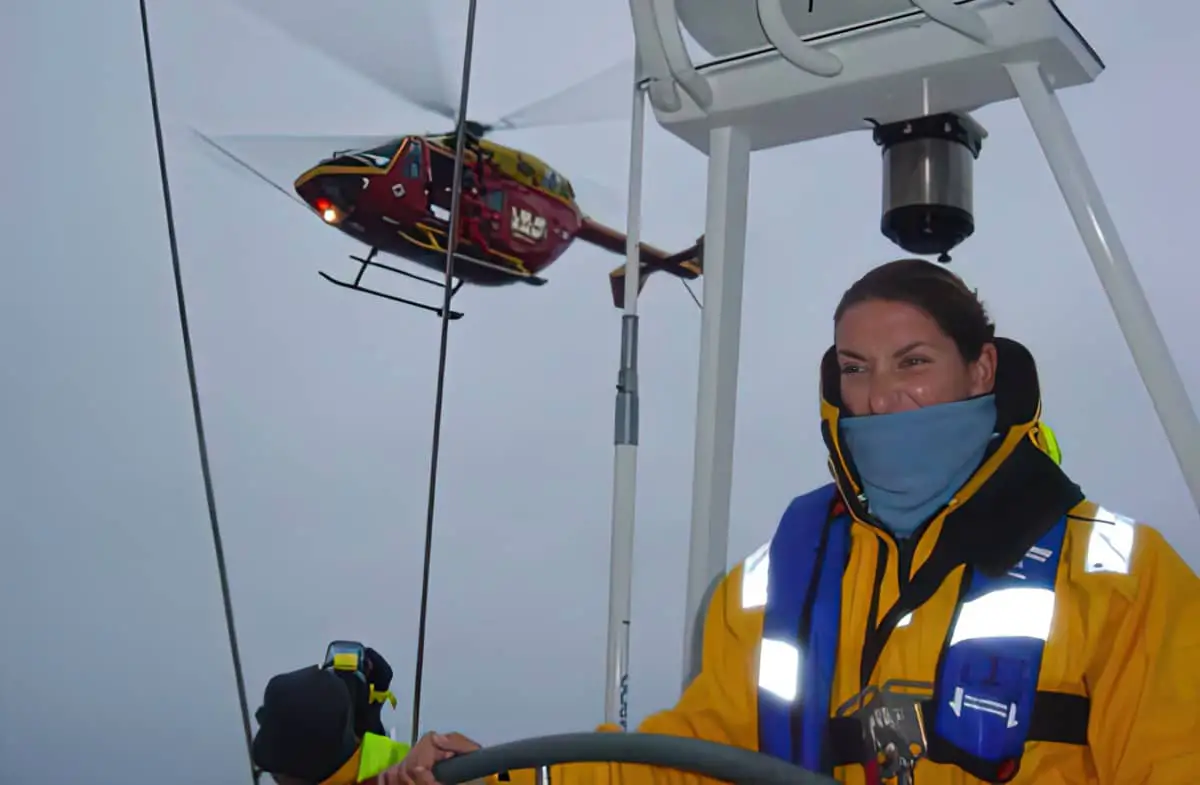Dee Caffari, British yachtswoman and UKSA’s Youth and Mental Health Ambassador, has retold the mental challenges involved in making the decision to begin the Southern Ocean’s largest ever rescue due to an ill crew member, for World Mental Health Day 2022 (Monday 10th October).
UKSA, based in Cowes on the Isle of Wight created the role and appointed Caffari earlier this year to raise awareness and find solutions to help young people whose mental health has been affected by falling below the poverty line, having less time outdoors and reduced employment prospects.
Caffari: Challenges affect everyone differently
She explained,
“Challenges affect everyone differently and even the same person can react differently depending on how well they are feeling in themselves. If you have been getting enough sleep, eating healthily and getting regular exercise, problems and challenges are often taken in our stride.
“Racing around the world, we are relying on very little sleep taken in small naps and often only adding up to five or six hours in a 24-hour period, depending on the weather conditions. When conditions are tough, we have often been battling sail changes in big waves and strong winds and this is physically exhausting too.
“Fatigue at this level is extreme, and it results in the ability to make impaired decisions. Looking at new weather models and trying to make sense of the routing and the best course to take is tricky when you have a clear mind. When you look with this extreme level of fatigue, the decisions are unclear and often too difficult to make. I have learnt over time that the best thing to do is to eat some high energy food, have a little sleep and then look with fresh eyes.
“I think back to an incident on my first Round the World Yacht Race, the Global Challenge, and during the Southern Ocean Leg from Buenos Aires to Wellington, one of my crew members became ill. We managed it initially with rest and some pain relief but it became apparent to the doctor in my crew that the problem was more serious and we required the crew member to take to his bunk with some intravenous medication. We had limited supplies and we had to carry out boat to boat transfers of medication with our fellow competitors to keep our crew member stable.
“Then I had to make the critical decision to press the green light to the largest Southern Ocean rescue ever carried out. Over the New Year period, I put into action a rescue helicopter, a fuel plane and a spotter plane to airlift my crew member 200 miles south of the Chatham Islands. The medical support had worked with us throughout the festive Christmas period and now we had to make the ultimate decision involving a large number of people.
“As a boat we could have carried on racing, but we were not in the right mindset. We were fearful for the health of our crew member we had just said goodbye to, we were distracted from the racing that we had been continuing with and at least four of us were fatigued from monitoring the wellbeing and the medication of the sick member of the crew.
“I made the decision to stop racing and continue on to Wellington, one crew member short but in a more relaxed manner. This was not an easy decision as everyone there was wanting to be part of the race they signed up to, but this event had helped me put life into perspective and sometimes it is easy for us to lose that perspective.”


Caffari: A problem shared is a problem halved
Dee added,
“Sometimes a little reminder from someone or something really helps us and we realise this issue that had been all consuming for so long that we were struggling to find any light from, is suddenly put in its place. We can see the bigger picture and we can make a sensible decision that in the long-term is the right one. Pushing to the edge is okay, but we need to be mindful of what impact that is taking on those around you and is it worth it.
“Time and space helps us make difficult decisions, but sometimes that is not available to us. We get lost and unable to think clearly and if we tackle this alone we can never find the light at the end of the issue. Allowing others to listen to us and act as a sounding board, writing down the pros and cons of a decision, or even just sleeping on the problem can help.
“A problem shared is a problem halved, and I do believe that even the act of articulating your worries or issues sometimes helps realise they are not as big as you thought or not as serious as you thought. Even just by speaking out loud to someone you find the answer yourself. Use your support network, loved ones, family, friends or trained professionals to listen and don’t be afraid to speak up.”

News shared by Bex on behalf of UKSA. Ed





